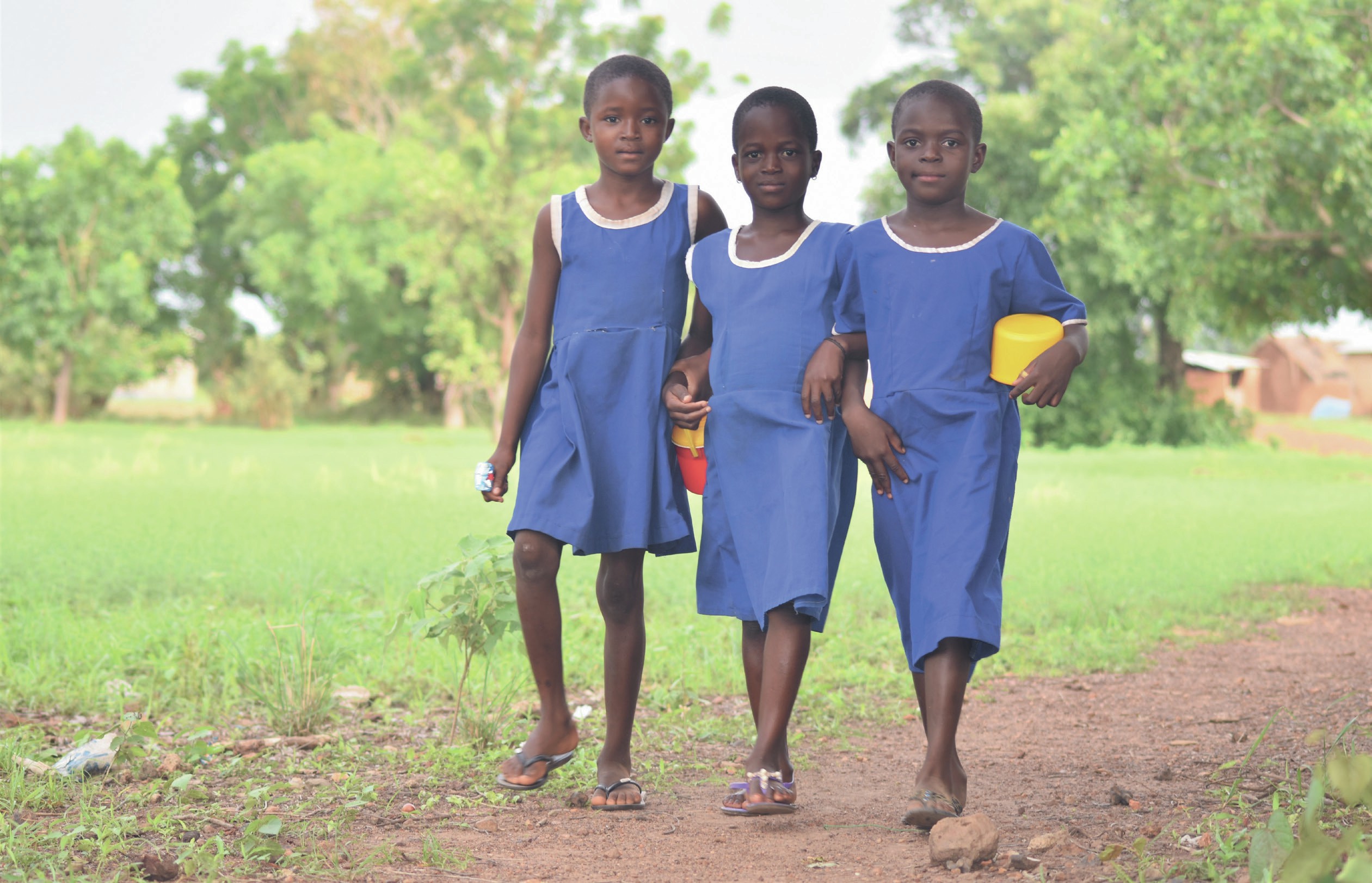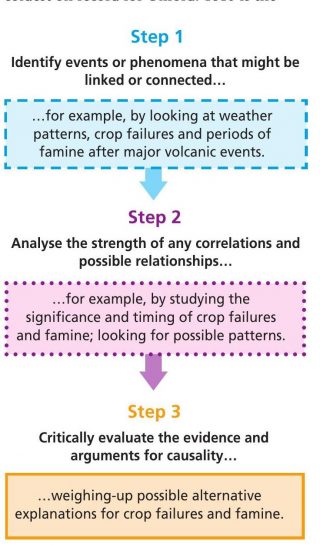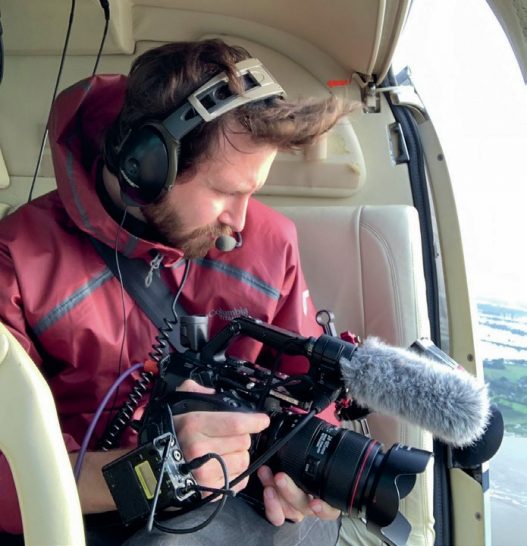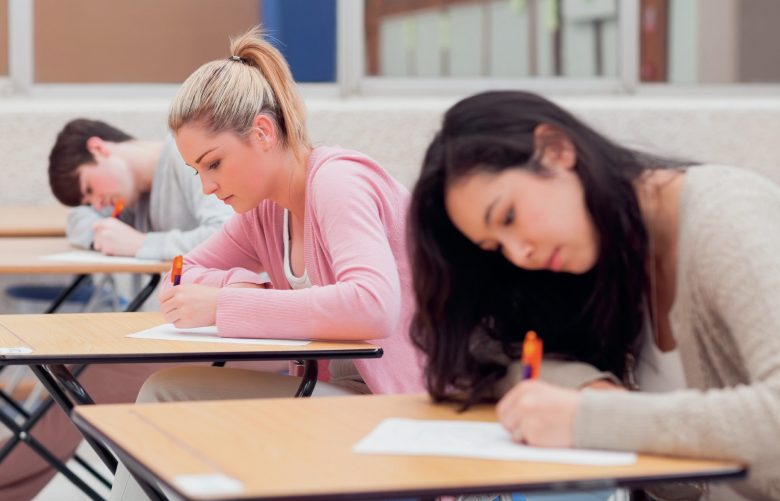
Access to education is a basic human right (see Box 1). But today, nearly 20% of the global school-age population are being denied education. Sub-Saharan Africa is the region with the highest out-of-school rates for all age groups. According to the UNESCO Institute for Statistics, 263 million children and young people were out of school globally in 2016. Of these, 97 million (37%) live in sub-Saharan Africa. And of the 63 million out-of-school primary-age children, 34 million (more than 50%), are in sub-Saharan Africa.
Everyone has the right to education. Primary schooling should be free. We should all be able to continue our studies as far as we wish. At school we should be helped to develop our talents, and be taught understanding and respect for everyone’s human rights. We should also be taught to get along with others whatever their ethnicity, their religion, or the country they come from. Our parents have the right to choose what kind of school we go to.
Your organisation does not have access to this article.
Sign up today to give your students the edge they need to achieve their best grades with subject expertise
Subscribe




